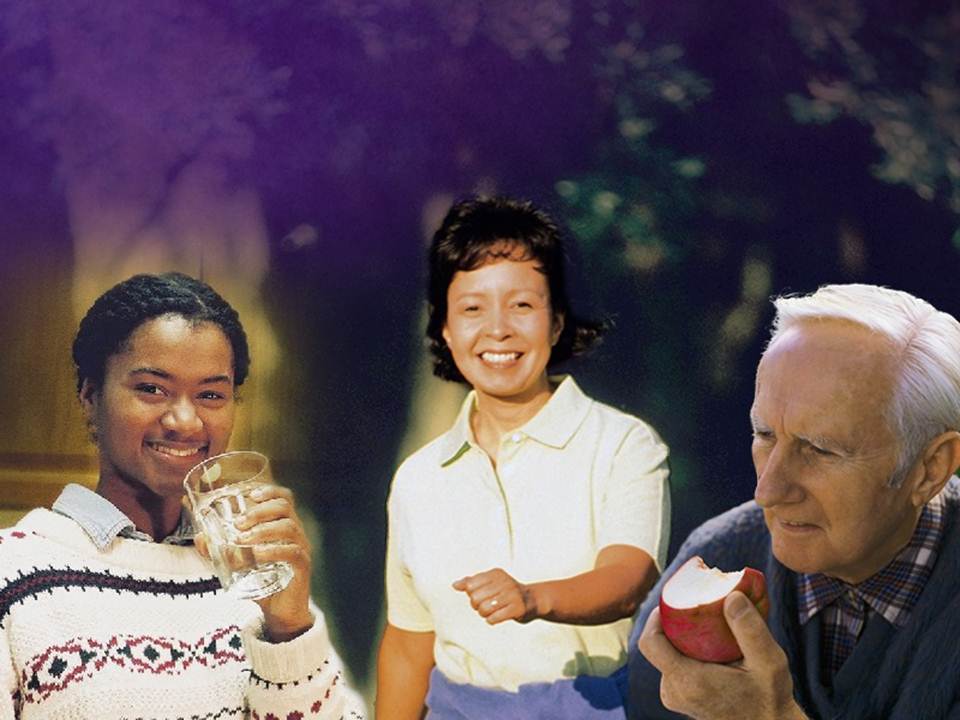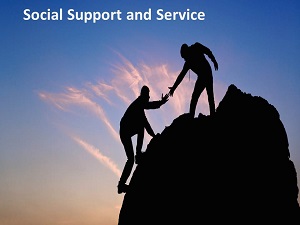
Choice

Samuel Smith
23 Jan'19
5
CHOICE
One of the undisputed facts of life is that all humans are created with the ability to make choices and that life consists of choices that may tend towards good or evil. We all are what we are now based primarily on choices made either by ourselves or by others intentionally or unintentionally. Choice, freely and lovingly given us by our Maker, affects every aspect of our lives including health, diet, relationships, academics, careers, spirituality, among others. We may not have much control over the choices others make which affect us, but we have absolute control over the choices we make ourselves either for good or for evil.Choices often determine our destiny. To a large extent, even our health can be determined by the choices we make on how we live (eating, dressing, etc), the risks we take, and the balance we seek in life. Each one of us come into the world with an endowment for health that may vary from one another, but how we care for the gift of our health influences the expression of our genetic capacities.
On-purpose decisions made bring direction and order to our lives. Successful people generally set goals and objectives; highly successful individuals make evidence-based decisions that move them deliberately toward those goals.
Unfortunately, some decisions made in youth—as a result of ignorance, rebellion, or stubbornness—can have lifelong repercussions. Similarly, poor parenting practices can leave children with lifetime consequences. In many cases the current epidemic of obesity in children in the Western world reflects parental resignation to allowing too much electronic entertainment at the expense of physical activity. Fast and convenient foods replace simple, unrefined, natural foods. The immediate gratification of fast, oily, and high calorie foods pleases both parents and children, but the consequences of such choices may last a lifetime. Once formed, fat cells persist for years, awaiting excess calories to be stored as fat.
Chubby children are obese adults-in-waiting. The fat baby carries a legacy for life that perhaps reflects the parental inability or unwillingness to control caloric intake. Conscious thoughtfulness is an important part of making such choices.
It’s tempting to make choices based on personal bias rather than on evidence and high-quality studies. We need to recognize that there are differences in the quality, consistency, numbers, importance, and generalizability of studies. Such awareness can temper our rigidity, help us to weigh the evidence, and ultimately influence our choices.
"The tempted one needs to understand the true force of the will. This is the governing power in the nature of man--the power of decision, of choice. Everything depends on the right action of the will. Desires for goodness and purity are right, so far as they go; but if we stop here, they avail nothing. Many will go down to ruin while hoping and desiring to overcome their evil propensities. They do not yield the will to God. They do not choose to serve Him" {MH 176.1}.














